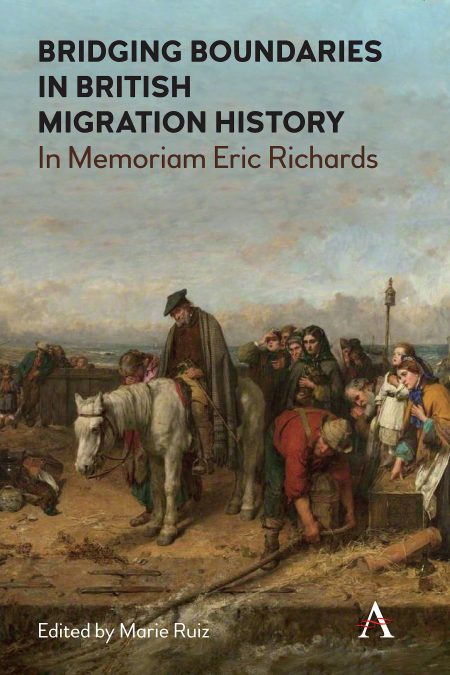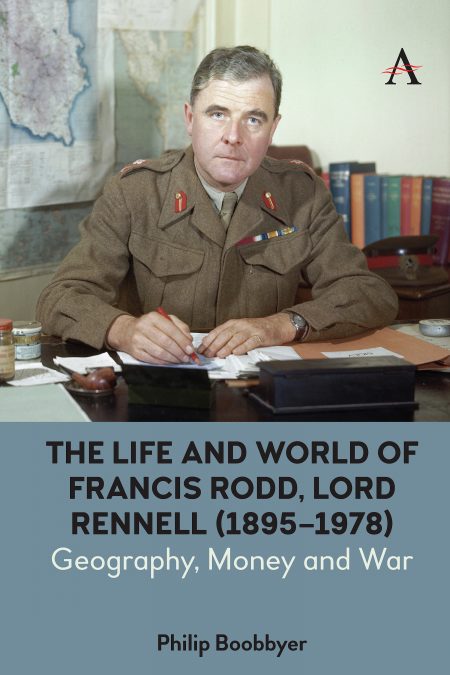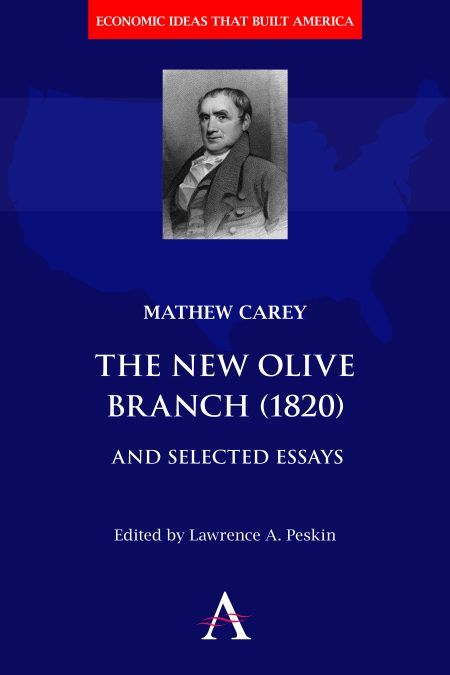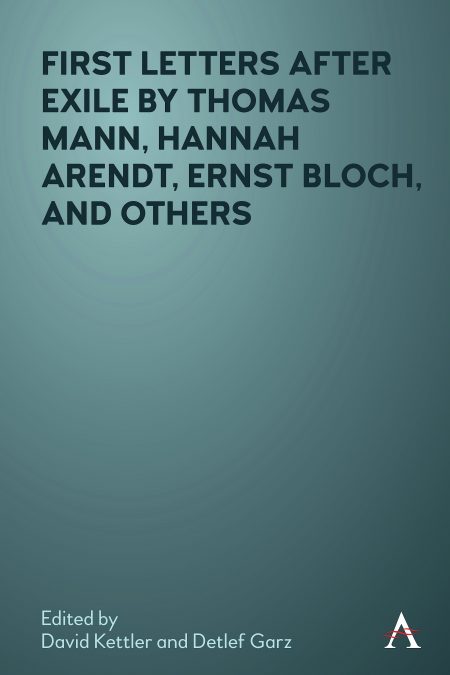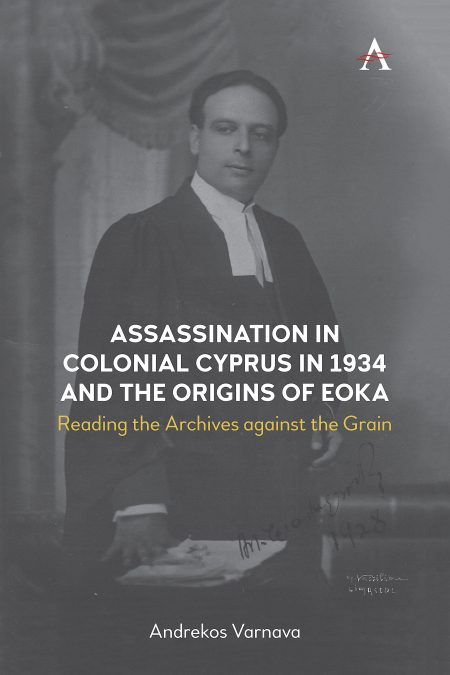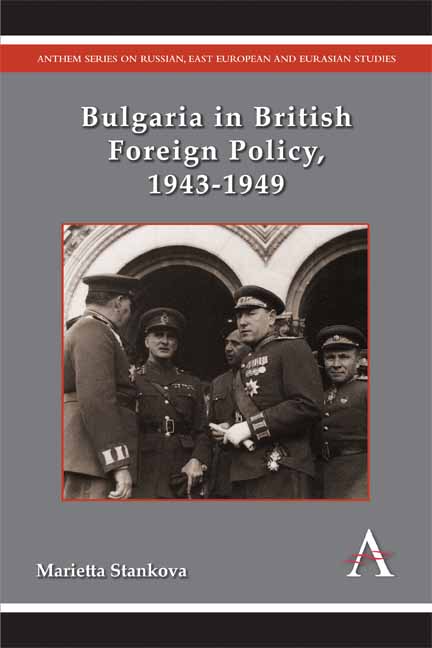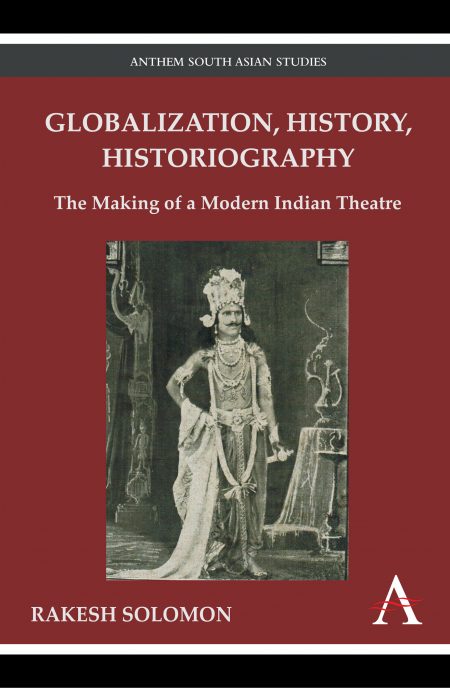Globalization, History, Historiography
The Making of a Modern Indian Theatre
Rakesh H. Solomon
Select Format
Hardback
£110.00 / $110.00
Paperback
£35.00 / $35.00
Paperback
£35.00 / $35.00
E-Book (WEB PDF)
£39.95 / $39.95
E-Book (WEB PDF)
£45.00 / $45.00
E-Book (WEB PDF)
£35.00 / $35.00
E-Book (WEB PDF)
£35.00 / $35.00
E-Book (EPUB)
£39.95 / $39.95
E-Book (EPUB)
£45.00 / $45.00
E-Book (EPUB)
£35.00 / $35.00
E-Book (Missing)
£99.00 / $99.00
Title Details
- ISBN: 9780857289209
- January 2015
- Pages: 210
- Imprint: Anthem Press
‘Globalization, History, Historiography: The Making of a Modern Indian Theatre’ analyzes how global economic, cultural, and political dynamics produced a new ‘Modern Indian Theatre’ during the two sequences of globalization that occured between the mid-eighteenth and the mid-twentieth centuries. The study examines how during the periods of proto-globalization (circa 1750-1850) and modern globalization (circa 1850-1950), this new theatre emerged through deft negotiation with, on the one hand, the forces of transnational economies, European expansionism, colonial knowledge production, industrialization, and modernity; and on the other hand, the forces of local culture and tradition, indigenous commercial and trade practices, regional power structures, modern nation formation, anticolonial resistance, nativist organizations, social reform movements, and incipient Hindu and Islamic fundamentalisms.
The study demonstrates that through the use of hybridized plotlines, acting conventions, and production methods, modern Indian theatre simultaneously claimed for itself European modernity, ancient historical roots, vibrant vernacular performance traditions, and a self-assertive nationalist present. In so doing, modern Indian theatre played a pivotal cultural and political role during the twin periods of proto-globalization and modern globalization – a role that both Western and Indian theatre historiographies (still frequently undergirded by attitudes defined through Orientalist scholarship and colonial knowledge) have failed to fully document, analyze, or appreciate. The study concludes that this initially metropolitan but soon regional and finally national theatre, shaped by an influential bilingual high-caste bourgeoisie, constituted a fundamental component of the Indian intelligentsia’s grand nationalist enterprise of fabricating a modern pan-Indian national identity. This modern Indian theatre helped mass audiences across India to imagine and invent a modern nation-state into existence – by dramatizing it in widely circulated published playscripts and performing it in spectacular productions on the public stage in the years leading up to Independence.
‘Globalization, History, Historiography: The Making of a Modern Indian Theatre’ breaks new ground as the first study to examine this crucial genre in the light of current debates in globalization studies; the first based significantly on material in colonial archives in India and England; and the first to focus exclusively on pre-Independence modern Indian theatre – rather than its much studied post-Independence phase. Crucially, this is also the first study of the modern Indian theatre – whether pre- or post-Independence – to trace its manifestation in the five principal languages of India: Bengali, Urdu, Hindi, Gujarati, and Marathi (utilizing the author’s Hindi and Urdu, near-native Gujarati, and Marathi).
Rakesh H. Solomon serves on the faculties of Theatre and Drama, India Studies, Cultural Studies, and Comparative Literature at Indiana University-Bloomington, where he specializes in Indian theatre as well as American theatre. His articles have appeared in such publications as Theatre Research International, the International Journal of the Humanities, and Comparative Literature Now.
Preface; Chapter 1: Globalization, Culture, and Society: Modern Indian Theatre, 1753-1947; Chapter 2: Globalization and Colonial Knowledge: A Genealogy of Indian Theatre Historiography; Chapter 3: Calcutta: Russian-French-British-Sanskrit-Bengali Theatre; Chapter 4: Lucknow: French-Persian-Urdu-Kathak Dance-Opera-Theatre; Chapter 5: Bombay: Gujarati-Urdu-Hindi Popular Theatre of the Parsi Companies; Chapter 6: Poona: Mazzini-Cavour and Tilak-Gandhi Debates on the Marathi Stage; Chapter 7: Postcolonial Globalization: Sanskrit-German-Kannada-Hindi Folk-Modern Theatre; Works Cited; Acknowledgements; Index
Related products
-
Bridging Boundaries in British Migration History
In Memoriam Eric Richards
Edited by Marie Ruiz
September, 2020
£125.00 / $125.00 -
The Life and World of Francis Rodd, Lord Rennell (1895-1978)
Geography, Money and War
Philip Boobbyer
January, 2021
£125.00 / $125.00 -
The New Olive Branch (1820) and Selected Essays
Mathew Carey
Edited by Lawrence A. PeskinOctober, 2014
£115.00 / $115.00 -
First Letters After Exile by Thomas Mann, Hannah Arendt, Ernst Bloch, and Others
Edited by David Kettler, Detlef Garz
March, 2021
£125.00 / $125.00 -
Assassination in Colonial Cyprus in 1934 and the Origins of EOKA
Reading the Archives against the Grain
Andrekos Varnava
January, 2021
£24.99 / $24.99 -


